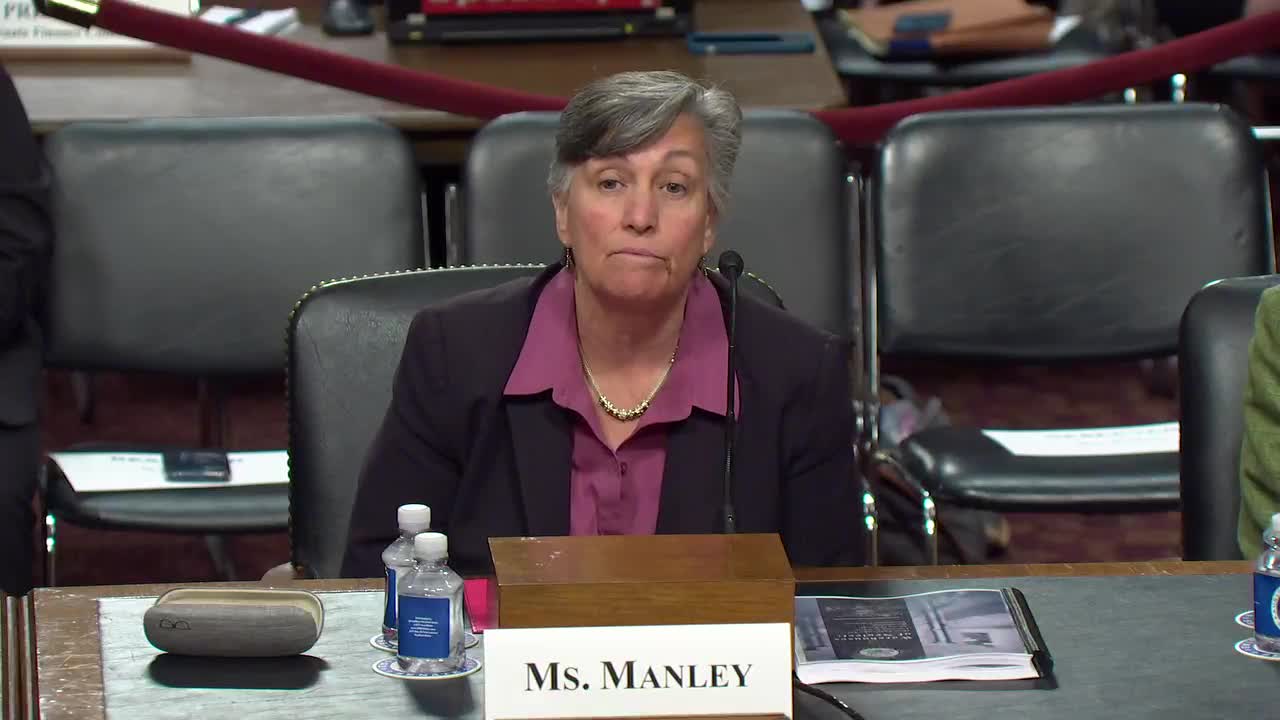Senators demand urgent reforms for youth treatment facilities
June 12, 2024 | Finance: Senate Committee, Standing Committees - House & Senate, Congressional Hearings Compilation

This article was created by AI summarizing key points discussed. AI makes mistakes, so for full details and context, please refer to the video of the full meeting. Please report any errors so we can fix them. Report an error »

In a recent government meeting, lawmakers and advocates addressed the urgent need for reform in residential treatment facilities for youth, following a series of alarming reports highlighting systemic abuse and neglect. Senator Stabenow opened the discussion by referencing the tragic case of Cornelius Frederick, a 16-year-old who died after being restrained by staff at a Michigan facility. This incident has underscored the necessity for comprehensive oversight and improved quality of care in such institutions.
Senator Crapo emphasized the importance of sharing information across states regarding the quality of services provided in these facilities, noting that current federal regulations do not adequately address the therapeutic environments necessary for effective care. The call for enhanced transparency and accountability was echoed throughout the meeting.
Stabenow also highlighted the positive developments in community-based care models, particularly the Certified Community Behavioral Health Clinics (CCBHCs), which are designed to provide comprehensive services for children and adolescents with complex behavioral health needs. These clinics, funded through Medicaid, have shown promising results, with a significant percentage focusing on youth services and integrating care within school settings.
The discussion further revealed a consensus among lawmakers that addressing the issues within residential treatment facilities is critical to the broader goal of improving mental health care for children. Senator Casey remarked on the disturbing findings of a recent report, which described these facilities as \"warehouses of neglect,\" funded by taxpayer dollars. The report's revelations have prompted calls for immediate action to ensure that vulnerable youth receive the care and protection they deserve.
As the meeting concluded, participants expressed a commitment to building on existing legislative frameworks, such as the Families First initiative, to create a more effective and compassionate system for youth mental health care. The emphasis on community-based solutions and the need for systemic change reflects a growing recognition of the failures within the current residential treatment model and the urgent need for reform.
Senator Crapo emphasized the importance of sharing information across states regarding the quality of services provided in these facilities, noting that current federal regulations do not adequately address the therapeutic environments necessary for effective care. The call for enhanced transparency and accountability was echoed throughout the meeting.
Stabenow also highlighted the positive developments in community-based care models, particularly the Certified Community Behavioral Health Clinics (CCBHCs), which are designed to provide comprehensive services for children and adolescents with complex behavioral health needs. These clinics, funded through Medicaid, have shown promising results, with a significant percentage focusing on youth services and integrating care within school settings.
The discussion further revealed a consensus among lawmakers that addressing the issues within residential treatment facilities is critical to the broader goal of improving mental health care for children. Senator Casey remarked on the disturbing findings of a recent report, which described these facilities as \"warehouses of neglect,\" funded by taxpayer dollars. The report's revelations have prompted calls for immediate action to ensure that vulnerable youth receive the care and protection they deserve.
As the meeting concluded, participants expressed a commitment to building on existing legislative frameworks, such as the Families First initiative, to create a more effective and compassionate system for youth mental health care. The emphasis on community-based solutions and the need for systemic change reflects a growing recognition of the failures within the current residential treatment model and the urgent need for reform.
View full meeting
This article is based on a recent meeting—watch the full video and explore the complete transcript for deeper insights into the discussion.
View full meeting